
Find Help
More Items From Ergsy search
-

How long do I have to move out after receiving an eviction notice?
Relevance: 100%
-
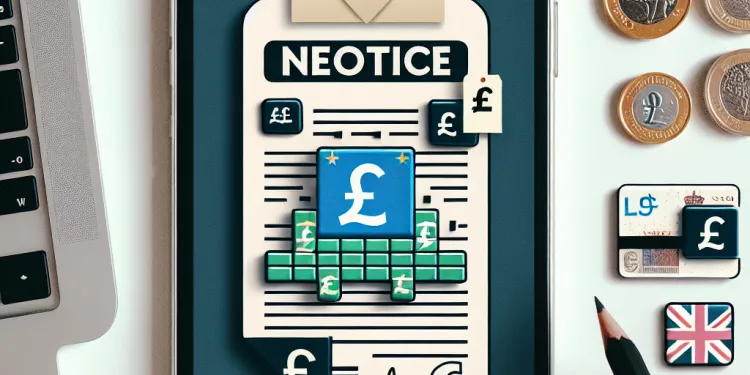
Has the notice period for eviction changed?
Relevance: 69%
-

What should I do if I receive an eviction notice from my landlord?
Relevance: 62%
-
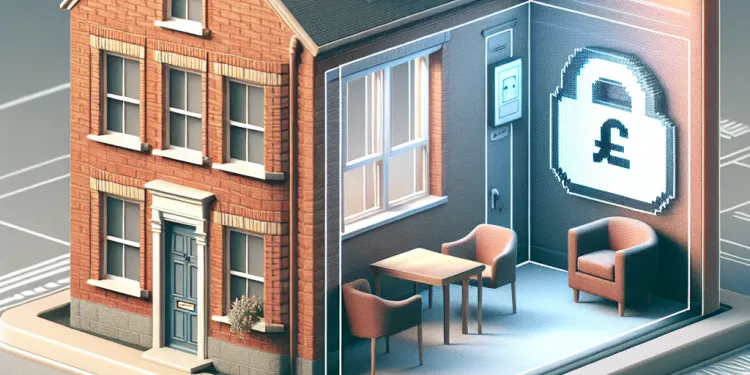
Can a landlord lock me out or remove my belongings to evict me?
Relevance: 59%
-
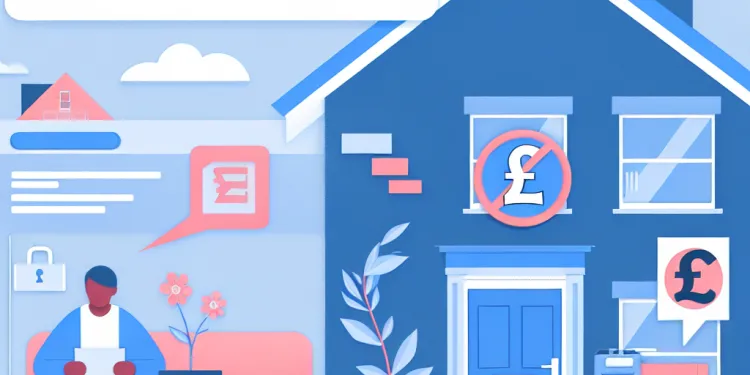
What can I do if my landlord wants to evict me?
Relevance: 55%
-
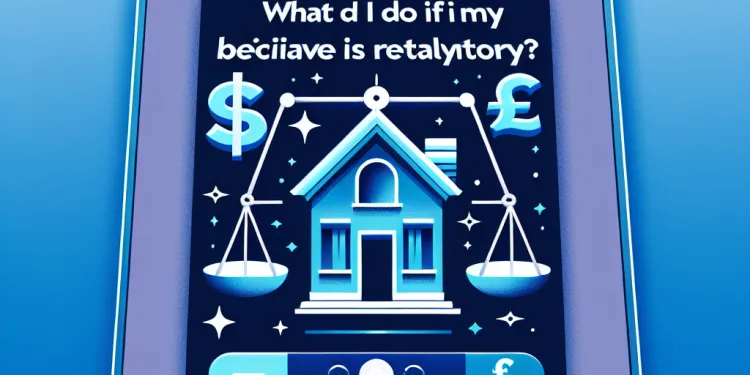
What can I do if I believe my eviction is retaliatory?
Relevance: 51%
-
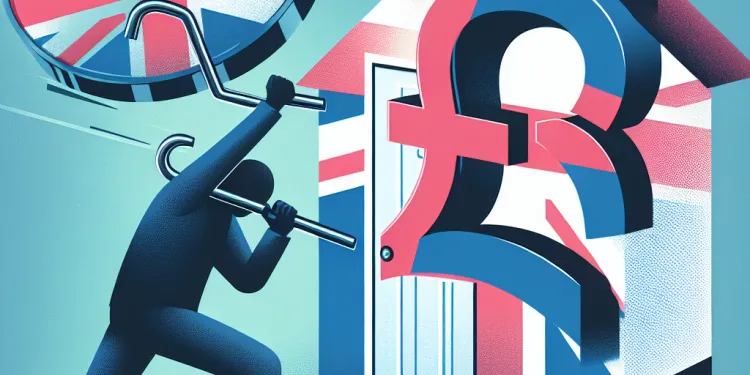
How can I contest or challenge the eviction?
Relevance: 50%
-

What are my rights during the eviction process?
Relevance: 50%
-
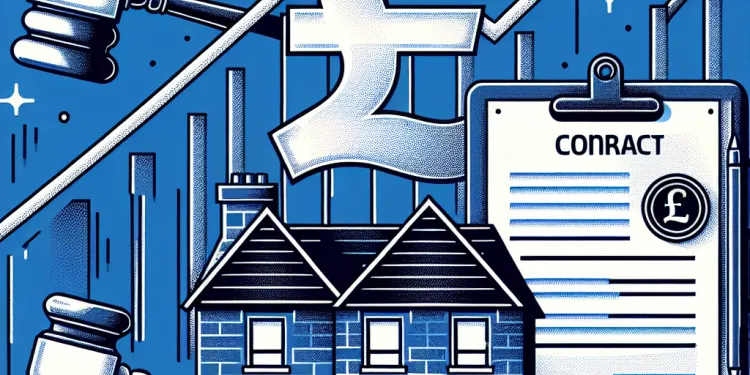
Are there changes to the eviction process?
Relevance: 48%
-

Can my landlord evict me without providing a reason?
Relevance: 46%
-

How can I prepare for an eviction court hearing?
Relevance: 45%
-

How do I find alternative housing quickly if evicted?
Relevance: 45%
-

Can I stop an eviction if I catch up on rent payments?
Relevance: 44%
-
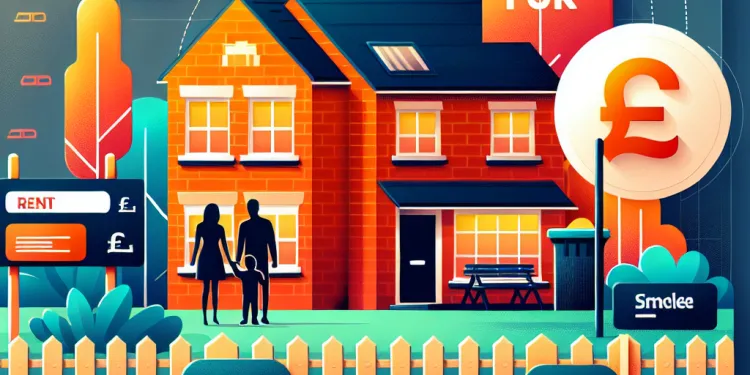
Can a landlord evict me for complaining about property conditions?
Relevance: 43%
-
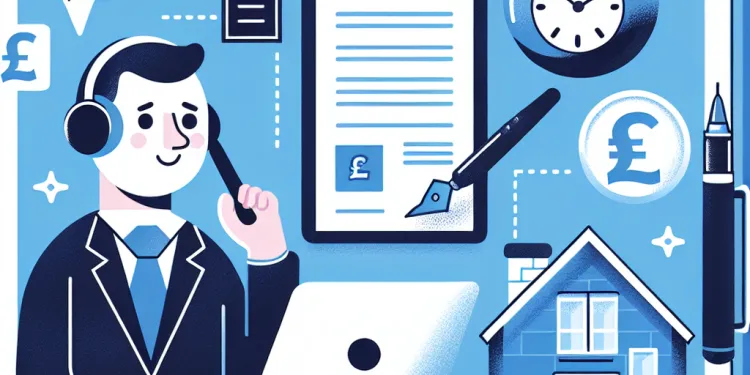
Can I negotiate with my landlord to avoid eviction?
Relevance: 41%
-

Does filing for bankruptcy stop an eviction?
Relevance: 41%
-
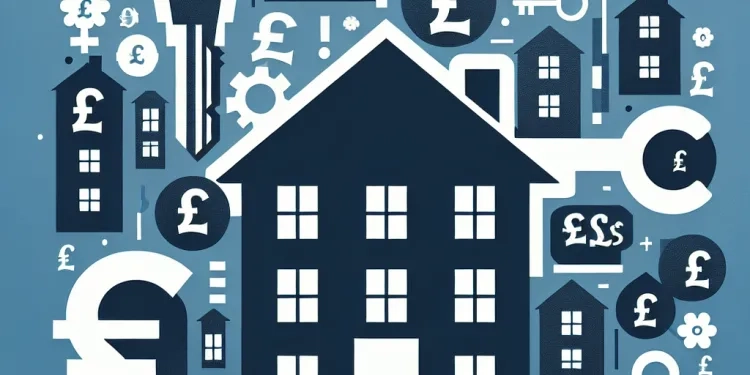
What are the consequences of having an eviction on my record?
Relevance: 40%
-
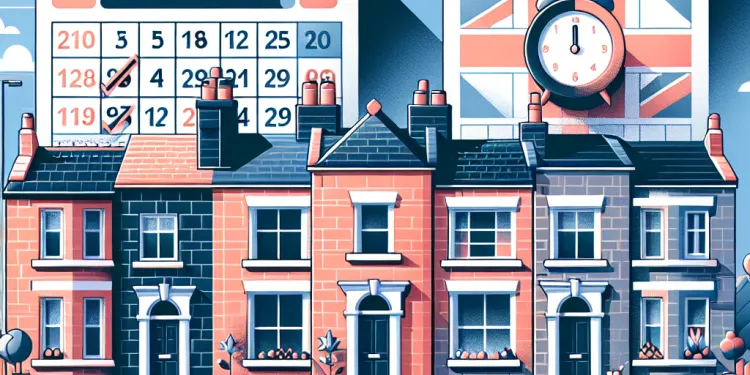
What happens if I stay beyond the eviction deadline?
Relevance: 39%
-

Can eviction affect my credit score?
Relevance: 39%
-
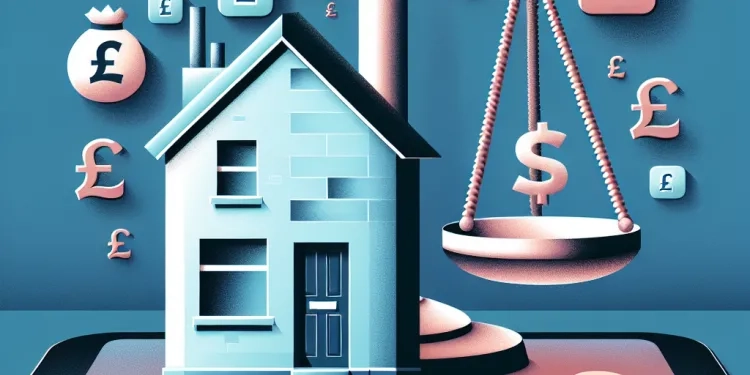
Can I appeal a court's eviction decision?
Relevance: 37%
-

Are there any government programs that can help me avoid eviction?
Relevance: 37%
-
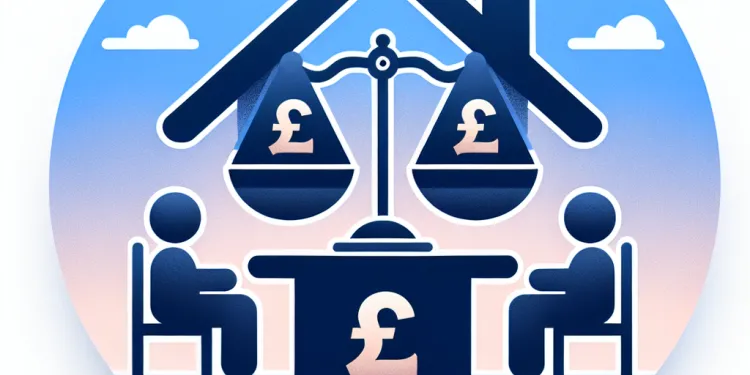
Is mediation an option to resolve eviction disputes?
Relevance: 36%
-

What should I do if I can't afford a lawyer for the eviction process?
Relevance: 34%
-

What if I've moved since the tax year ended?
Relevance: 32%
-
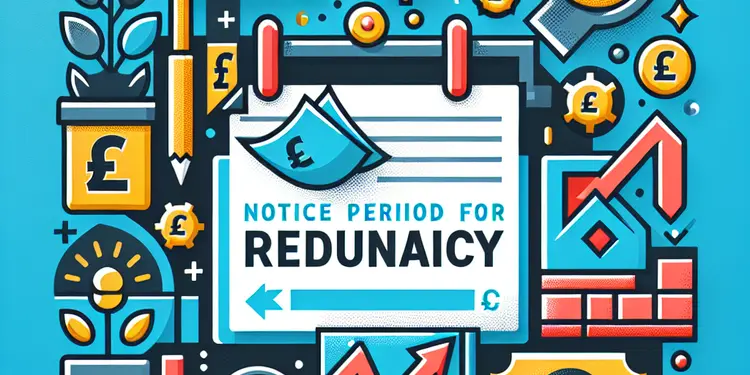
What is the notice period for redundancy?
Relevance: 32%
-

What happens if I move to a new postcode?
Relevance: 31%
-

Will the pension age changes automatically apply to me if I move abroad?
Relevance: 29%
-

What should I do if I notice suspicious login attempts?
Relevance: 28%
-

What Happens To Investments and Pensions | Moving Abroad | Leaving the UK
Relevance: 28%
-
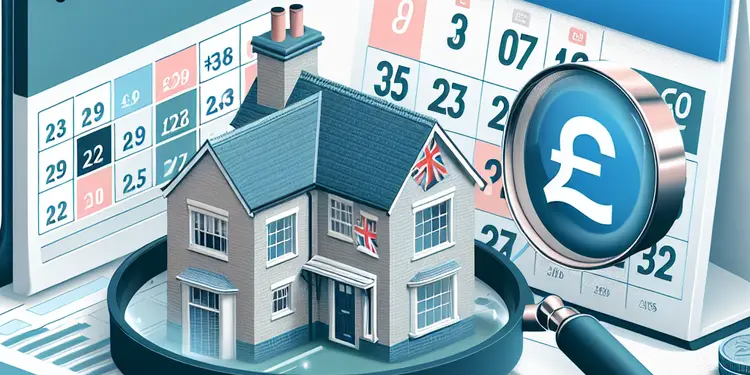
How much notice do I need to give to arrange a survey?
Relevance: 27%
-

Answering NHS Pension Questions | Opting-Out | How to Claim | Moving Abroad etc.
Relevance: 27%
-

What if I have moved house since the claim period?
Relevance: 27%
-

What should I do if I notice changes during self-testing?
Relevance: 27%
-

What new protections are included for tenants?
Relevance: 26%
-
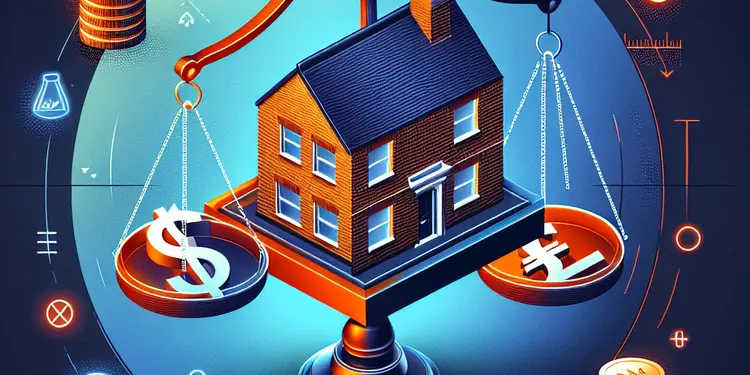
How are landlord-tenant issues resolved in property litigation?
Relevance: 26%
-
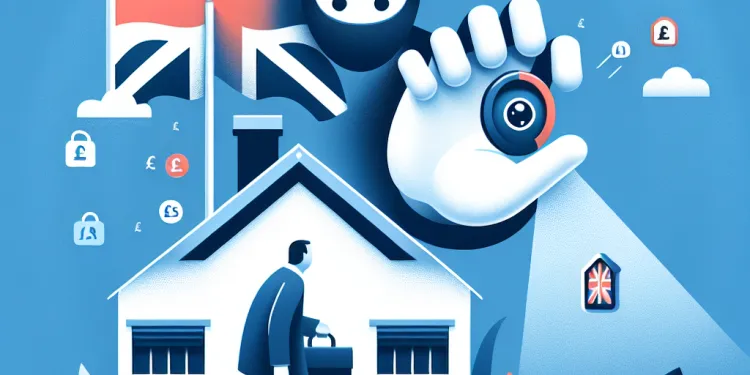
Can I ask for legal help to get my neighbor’s camera moved?
Relevance: 24%
-

What should I do if I notice unfamiliar emails in my sent folder?
Relevance: 22%
-

How do can I find out if I have overpaid my UK Council Tax?
Relevance: 22%
-

When do I find out about my cell assignment?
Relevance: 22%
-

Bowel cancer - Symptoms and signs to look out for
Relevance: 21%
Understanding Eviction Notices in the UK
Being served with an eviction notice can be a daunting experience, and understanding how much time you have to move out is essential. The length of time you have after receiving an eviction notice depends on several factors, including the type of tenancy you have and the reasons for eviction. This article provides an overview of the notice periods for tenants in the UK, focusing on assured shorthold tenancies, which are the most common type of tenancy.
Notice Periods for Assured Shorthold Tenancies
In the UK, the length of notice a landlord must give to evict a tenant with an assured shorthold tenancy depends on the reason for eviction. There are two main types of notices: Section 21 and Section 8. Each has its own notice periods and requirements.
Section 21 Notice
A Section 21 notice is used to evict tenants after a fixed-term contract ends or during a periodic tenancy. This is often known as a 'no-fault' eviction, as the landlord does not need to provide a reason for eviction. As of 1 October 2021, landlords must give tenants at least two months' notice under Section 21. It's important to note that the notice cannot be served during the first four months of the tenancy.
Section 8 Notice
A Section 8 notice is used when a tenant has breached the terms of the tenancy, such as by not paying rent or causing damage to the property. The notice period for Section 8 depends on the specific grounds under which the notice is served. Commonly used grounds include Ground 8 (rent arrears), which usually requires a minimum of two weeks' notice, and Ground 14 (anti-social behavior), which may allow immediate court action after the notice. It's crucial to review the specific grounds cited in the Section 8 notice to determine the exact notice period.
Other Considerations
It's important to remember that receiving a notice does not mean you have to leave immediately. A landlord must apply for a possession order through the courts if you do not leave by the end of the notice period. If you receive a court summons, you will have the opportunity to present your case. Furthermore, it is illegal for a landlord to forcibly evict you without obtaining a court order.
If you are facing eviction, consider seeking advice from organizations like Shelter or Citizens Advice, which can provide guidance and support. Understanding your rights and the legal process can help you navigate the situation more effectively and, if necessary, negotiate more time to find alternative accommodation.
Conclusion
In conclusion, the time you have to move out after receiving an eviction notice in the UK will vary based on the type of notice and the circumstances of your tenancy. It's important to carefully read the notice, understand the grounds for eviction, and know your rights as a tenant. Taking these steps will help you manage the eviction process and secure suitable alternative housing if necessary.
Understanding Eviction Notices in the UK
Getting an eviction notice can be scary. It’s important to know how long you have to leave. The time you have depends on your type of tenancy and why you’re being evicted. This guide explains how much time you have if you rent a home in the UK, especially if you have an assured shorthold tenancy, which is the most common kind.
Notice Periods for Assured Shorthold Tenancies
In the UK, landlords must give notice before they can evict someone with an assured shorthold tenancy. There are two main types of notices: Section 21 and Section 8. Each has different rules about how much notice must be given.
Section 21 Notice
A Section 21 notice is used to ask tenants to leave after the fixed-term ends or during a periodic tenancy. This is also called a 'no-fault' eviction. The landlord doesn’t have to say why you have to leave. Since 1 October 2021, landlords must give at least two months' notice. They also can’t give this notice during the first four months of your tenancy.
Section 8 Notice
A Section 8 notice is used if you break the rules of your tenancy, like not paying rent or damaging the property. The notice period depends on why the notice is given. For example, if you owe rent, you usually get two weeks' notice. If there’s anti-social behavior, the landlord might take court action right away. It’s important to check why the Section 8 notice has been given to know how much time you have.
Other Considerations
If you get a notice, it doesn’t mean you have to leave straight away. The landlord needs to get a court order if you don’t move out by the end of the notice period. You will get a chance to tell your side in court. Landlords can't force you to leave without a court order.
If you are facing eviction, it's a good idea to get help from places like Shelter or Citizens Advice. They can offer advice and support. Knowing your rights and the legal process can be really helpful. You might also be able to get more time to find a new home.
Conclusion
To sum up, the time you have to leave after getting an eviction notice in the UK depends on the type of notice and your situation. Always read the notice carefully, know why you have to leave, and understand your rights as a tenant. This will help you handle the eviction and find a new place to live if needed.
Frequently Asked Questions
What is an eviction notice?
An eviction notice is a legal document from a landlord notifying a tenant to vacate the property by a certain date.
How long do I have to move out after receiving an eviction notice?
The time frame to move out after receiving an eviction notice depends on local laws, the type of eviction notice, and the terms of your lease.
What types of eviction notices are there?
Types of eviction notices include 'pay or quit' notices, 'cure or quit' notices, and unconditional quit notices.
What is a 'pay or quit' notice?
A 'pay or quit' notice gives the tenant a certain number of days to pay overdue rent or vacate the property.
What is a 'cure or quit' notice?
A 'cure or quit' notice gives the tenant a chance to correct a lease violation within a certain time frame or move out.
What is an unconditional quit notice?
An unconditional quit notice requires the tenant to move out with no chance to correct any violations.
How many days do I have to respond to a 'pay or quit' notice?
Typically, a 'pay or quit' notice gives tenants 3 to 5 days to pay overdue rent, but this can vary by state.
Can I negotiate with my landlord after receiving an eviction notice?
It is often possible to negotiate with the landlord, especially if you correct the issue or pay overdue rent promptly.
What should I do if I receive an eviction notice?
Review the notice carefully, check local laws, consider consulting a lawyer, and communicate with your landlord.
Can I be evicted without a court order?
No, in most areas, landlords must obtain a court order to legally evict a tenant.
What happens if I don't move out after an eviction notice?
The landlord may file an eviction lawsuit to obtain a court order, which can lead to forcibly being removed by law enforcement.
How do eviction timelines vary by state?
Eviction timelines vary based on state and local laws, so it's important to check the specific laws in your jurisdiction.
Can I contest an eviction notice in court?
Yes, tenants can contest an eviction notice in court by presenting valid defenses or evidence.
What are valid defenses against an eviction notice?
Valid defenses may include improper notice, retaliation, failure to maintain the property, or proving compliance with the lease.
Will an eviction notice affect my credit score?
An eviction notice itself may not, but an eviction judgment can be reported to credit bureaus and affect your credit score.
How does an eviction process start?
The eviction process starts with the landlord serving a legally required eviction notice to the tenant.
What is a lease violation?
A lease violation is any action by the tenant that breaches the terms agreed upon in the lease, such as non-payment of rent.
Can a landlord evict me during the COVID-19 pandemic?
Eviction regulations during COVID-19 have varied widely, so consult local laws and emergency orders for guidance.
Should I hire an attorney if I receive an eviction notice?
Consulting an attorney is advisable if you wish to contest the notice or need help understanding your rights and options.
What should I take with me if I have to leave the rental property?
Take personal belongings, important documents, and any property you own from the rental unit as part of preparing to move out.
What is an eviction notice?
An eviction notice is a letter. It tells you that you must move out of your home. This letter is often from your landlord. A landlord is the person you rent your home from.
If you get this letter, it is important to talk to someone who can help. You can ask a family member or a friend. You can also ask a lawyer or a support worker.
Using colors or pictures to show what the words mean can help. Reading one sentence at a time and taking breaks can also make it easier to understand.
An eviction notice is a letter from a landlord telling a tenant they must leave the home by a certain date.
How much time do I have to leave my home after I get a letter saying I must move out?
If you get a letter saying you must leave your home, it is called an eviction notice. This letter will tell you how many days you have until you need to leave. The number of days can be different depending on where you live.
To make sure you understand, you can:
- Ask someone you trust to help you read the letter.
- Use a calendar to count the days you have left.
- Talk to a helper or advisor who knows about homes and moving.
The rules about when you have to move out after getting an eviction notice can change based on where you live. It also depends on what kind of notice you got and what your lease agreement says.
What kinds of eviction notices are there?
An eviction notice is a letter that tells someone they have to leave their home. There are different types of these letters. Here are some kinds:
- Pay Rent or Quit: This letter means you need to pay rent right away, or you might have to leave.
- Cure or Quit: This letter means you need to fix a problem, like making too much noise, or you might have to leave.
- Unconditional Quit: This letter tells you that you have to leave. There is no chance to fix the problem.
Here are some ways to help understand this:
- Ask someone you trust to explain it to you.
- Use colored highlighters to mark important parts of the letter.
- Break down the letter into small parts, and read one part at a time.
There are different kinds of eviction notices. They are:
1. 'Pay or Quit' notices - This means you have to pay what you owe or leave.
2. 'Cure or Quit' notices - This means you need to fix a problem, like breaking a rule, or leave.
3. Unconditional Quit notices - This means you have to leave no matter what.
If reading is hard, you can ask someone for help. You can also use tools that read text out loud.
What is a 'pay or quit' notice?
A 'pay or quit' notice is a letter from your landlord. It tells you to pay rent or leave your home. It means you must pay the money you owe for rent. If you do not pay, you might have to find a new place to live.
If you find it hard to read this, you can: - Ask someone to read the letter to you. - Use a reading app that reads out loud. - Break the text into smaller parts and read one at a time.
A 'pay or quit' notice is a letter that tells the person renting a home that they have some days to pay the rent they owe or move out.
What is a 'cure or quit' notice?
A 'cure or quit' notice is a letter from a landlord. It tells a tenant they must fix a problem. If not, they might have to leave the home. It is like a warning.
Helpful tips: You can ask someone to read the letter with you. You can also use a highlighter to mark important parts.
A 'cure or quit' notice tells the renter to fix a problem or leave. They have a set amount of time to do this.
What is an unconditional quit notice?
An unconditional quit notice is a letter. It tells a person to move out of their home. The person has to leave and cannot fix the problem.
Here are things that can help:
- Ask someone to explain the letter.
- Use a dictionary to look up hard words.
- Get help from a lawyer.
An unconditional quit notice means the person renting a place must leave. They cannot fix anything to stay.
How many days do I have to answer a 'pay or quit' notice?
A 'pay or quit' notice means you must pay your rent or move out. You usually have a few days to do this. Look at the notice to see the exact number of days. You can ask a friend or family member for help if you're not sure.
Support tools that can help include using a calendar to track days or setting reminders on a phone.
A 'pay or quit' notice tells people who rent a house or apartment that they have to pay their late rent. Usually, you have 3 to 5 days to pay. But, the number of days can be different in each state.
Can I talk to my landlord after getting a letter telling me to move out?
You can often talk to your landlord about changing things, especially if you fix the problem or pay rent you owe quickly.
What to Do If You Get a Notice to Move Out
If you get a letter saying you have to move out, don't worry. Here are some steps you can take:
1. **Read the Letter:** Carefully look at what it says. It's important to know why they want you to move.
2. **Ask for Help:** Talk to a family member, friend, or someone you trust. They can help you understand the letter.
3. **Contact a Support Service:** You can call a housing advice center or a similar service. They are there to help you and give advice.
4. **Write Down Dates:** Check if there is a date when you need to move out and write it down. It's important to know how much time you have.
5. **Keep Documents Safe:** Put all the letters and notes about this in a safe place. You might need them later.
Remember, you are not alone. There are people and places that can help you.
Read the letter carefully. Check the rules where you live. It might help to talk to a lawyer. Talk to your landlord too.
Can I be told to leave my home without going to court?
No, in most places, landlords need to get permission from a court to make a tenant leave their home.
What if I don't leave after I get a notice to move out?
The landlord can ask the court to make you leave. This is called an eviction. The court might tell the police to help the landlord.
Do eviction times change in different states?
Eviction means when someone has to leave their home. The time this takes can be different depending on where you live.
If you want to know how long it takes, check the rules for your state. You can ask a grown-up to help. You can also look online.
Some places might have different timelines. It’s a good idea to ask for help if you’re not sure.
How long it takes to be evicted depends on where you live. Each place has its own rules. Make sure to find out the rules for where you live.
Can I ask a judge to stop me from being evicted?
Yes, people who rent a house can go to court if they think it's not fair to have to leave. They can show reasons or proof why they should stay.
What can you do if your landlord wants you to leave?
Here are some reasons someone might say they should not have to leave a home:
- The landlord didn't tell them in the right way.
- The landlord is being unfair because they reported a problem.
- The landlord did not fix things in the home.
- They did everything the lease says they should do.
It can help to ask for support. You can talk to someone who knows about housing rules. You can also use picture or audio guides to help understand this.
Will an eviction notice change my credit score?
A letter telling you to leave your home might not show up on your credit report. But if a judge says you must leave, that can be shared with credit companies and might make your credit score go down.
How do evictions start?
When you get told to leave your home, it’s called an eviction. Here’s how it starts:
1. First, a landlord might give you a letter. This letter is called a "notice."
2. The notice will tell you why they want you to leave. It also says how many days you have to move out.
3. If they want to go ahead, they might ask a judge for help.
Need help? You can talk to someone you trust or use tools to help you understand, like a calendar to count days.
The first step in asking someone to leave their home is when the landlord gives a special paper to the person living there. This paper says they have to move out.
What happens if you break a rule in your lease?
A lease is a contract. It is an agreement between a person who owns a place (landlord) and the person who lives there (tenant).
If someone breaks a rule in the lease, it is called a "lease violation."
Here are some examples of lease violations:
- The tenant does not pay rent on time.
- The tenant has a pet when the lease says no pets are allowed.
- The tenant makes too much noise, bothering other people.
It is important to follow the rules in the lease. If you do not understand a rule, you can ask someone for help, like:
- A friend or family member.
- A social worker.
- A lawyer.
To make things easier to understand, you can:
- Read with a friend and talk about the rules together.
- Use apps that read text out loud.
A lease violation happens when a person doesn't follow the rules of a lease. This could be things like not paying rent.
Can my landlord make me leave my home during COVID-19?
If you are worried about being asked to leave your home, there are people who can help. You can talk to someone who knows about the rules for renting. The law might protect you during this time. Here are some steps you can take to feel safer:
- Talk to your landlord about your worries.
- Speak to someone who gives advice about homes and renting.
- Check if there are new rules for renters because of COVID-19.
Remember, there are people who can help you understand what to do and make you feel better.
During the COVID-19 pandemic, rules about evictions were different in many places. It's important to check the rules where you live. You can ask for help from local websites or call a community center to learn about the rules.
Do I need to get a lawyer if I get a notice to leave my home?
If you get a paper that says you must leave your home, you might need help. You could talk to a lawyer. A lawyer is someone who knows a lot about the law and can help you understand what to do next.
Here are some steps you can take:
- Show the notice to a trusted adult or friend.
- Look for legal aid groups. They can often help people for free or at a low cost.
- Use tools like text-to-speech apps to help you understand the notice by listening.
- Break down big words or ask someone to explain them to you.
Getting help right away can make a big difference.
It is a good idea to talk to a lawyer if you want to challenge the notice or need help to understand what you can do and what your rights are.
What to Take When You Leave a Rented Home
If you need to move out of your rented home, here is what you should take with you:
- Important Papers: Bring things like your ID, passport, and any rental or bank papers.
- Clothes: Pack clothes for different weather.
- Toiletries: Take your soap, toothbrush, and other bathroom items.
- Valuables: Don't forget your jewelry, cash, or keepsakes.
- Medicine: Bring any medicine you need.
- Small Electronics: Take your phone, charger, and laptop.
You can use a checklist to help you remember. It can be helpful to pack with a friend or family member.
Grab all your things, important papers, and anything you own from the place you rent before you move out. You might find it helpful to make a checklist of items to take or set a reminder on your phone.
Useful Links
This website offers general information and is not a substitute for professional advice.
Always seek guidance from qualified professionals.
If you have any medical concerns or need urgent help, contact a healthcare professional or emergency services immediately.
Some of this content was generated with AI assistance. We’ve done our best to keep it accurate, helpful, and human-friendly.
- Ergsy carfully checks the information in the videos we provide here.
- Videos shown by Youtube after a video has completed, have NOT been reviewed by ERGSY.
- To view, click the arrow in centre of video.
- Most of the videos you find here will have subtitles and/or closed captions available.
- You may need to turn these on, and choose your preferred language.
- Go to the video you'd like to watch.
- If closed captions (CC) are available, settings will be visible on the bottom right of the video player.
- To turn on Captions, click settings .
- To turn off Captions, click settings again.
More Items From Ergsy search
-

How long do I have to move out after receiving an eviction notice?
Relevance: 100%
-

Has the notice period for eviction changed?
Relevance: 69%
-

What should I do if I receive an eviction notice from my landlord?
Relevance: 62%
-

Can a landlord lock me out or remove my belongings to evict me?
Relevance: 59%
-

What can I do if my landlord wants to evict me?
Relevance: 55%
-

What can I do if I believe my eviction is retaliatory?
Relevance: 51%
-

How can I contest or challenge the eviction?
Relevance: 50%
-

What are my rights during the eviction process?
Relevance: 50%
-

Are there changes to the eviction process?
Relevance: 48%
-

Can my landlord evict me without providing a reason?
Relevance: 46%
-

How can I prepare for an eviction court hearing?
Relevance: 45%
-

How do I find alternative housing quickly if evicted?
Relevance: 45%
-

Can I stop an eviction if I catch up on rent payments?
Relevance: 44%
-

Can a landlord evict me for complaining about property conditions?
Relevance: 43%
-

Can I negotiate with my landlord to avoid eviction?
Relevance: 41%
-

Does filing for bankruptcy stop an eviction?
Relevance: 41%
-

What are the consequences of having an eviction on my record?
Relevance: 40%
-

What happens if I stay beyond the eviction deadline?
Relevance: 39%
-

Can eviction affect my credit score?
Relevance: 39%
-

Can I appeal a court's eviction decision?
Relevance: 37%
-

Are there any government programs that can help me avoid eviction?
Relevance: 37%
-

Is mediation an option to resolve eviction disputes?
Relevance: 36%
-

What should I do if I can't afford a lawyer for the eviction process?
Relevance: 34%
-

What if I've moved since the tax year ended?
Relevance: 32%
-

What is the notice period for redundancy?
Relevance: 32%
-

What happens if I move to a new postcode?
Relevance: 31%
-

Will the pension age changes automatically apply to me if I move abroad?
Relevance: 29%
-

What should I do if I notice suspicious login attempts?
Relevance: 28%
-

What Happens To Investments and Pensions | Moving Abroad | Leaving the UK
Relevance: 28%
-

How much notice do I need to give to arrange a survey?
Relevance: 27%
-

Answering NHS Pension Questions | Opting-Out | How to Claim | Moving Abroad etc.
Relevance: 27%
-

What if I have moved house since the claim period?
Relevance: 27%
-

What should I do if I notice changes during self-testing?
Relevance: 27%
-

What new protections are included for tenants?
Relevance: 26%
-

How are landlord-tenant issues resolved in property litigation?
Relevance: 26%
-

Can I ask for legal help to get my neighbor’s camera moved?
Relevance: 24%
-

What should I do if I notice unfamiliar emails in my sent folder?
Relevance: 22%
-

How do can I find out if I have overpaid my UK Council Tax?
Relevance: 22%
-

When do I find out about my cell assignment?
Relevance: 22%
-

Bowel cancer - Symptoms and signs to look out for
Relevance: 21%


